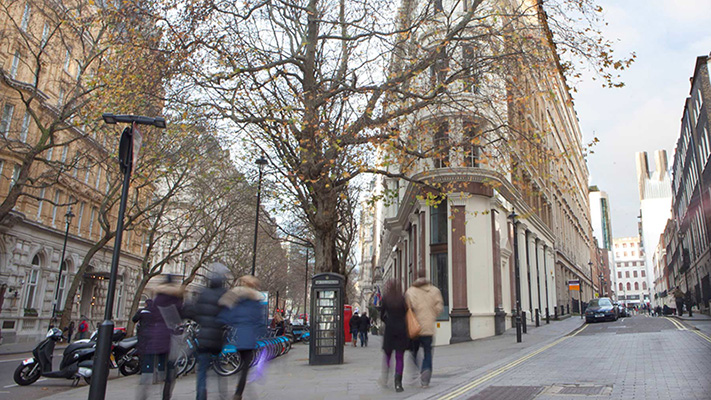
Does My Trust Need Reviewing?
Most people who run Trusts, the Trustees, follow good practice by actively managing the assets, obtaining appropriate and timely advice and preparing regular accounts. By doing this they are able to comply with any taxation or other reporting requirements and to establish who is entitled to the capital or the income derived from it. A regular review of the Trust not only provides the Trustees with the comfort that they are running the Trust appropriately but it also provides them with information to consider whether they should be taking any action in anticipation, or as a result, of certain trigger points such as in relation to the ages of the Beneficiaries or changes in the Trust assets or taxation.
Example
A Trust was created twelve years ago by settling £1m that was invested in non-income producing investments to achieve capital growth over a twenty to thirty year period. The three Beneficiaries were aged 2, 4 and 5 and under the terms of the Trust would be entitled to income at 18 and capital at 30.
The Trustees may have been, quite correctly, advised at the commencement of the Trust that there would be no charge to income or capital gains tax whilst there was no income and the investments were not sold and, as an Accumulation and Maintenance Settlement, the Trust would not be subject to Inheritance Tax.
If the investments had given rise to some income, say of £1,500, but it was kept in the investment portfolio the Trustees may believe they do not have any tax to pay. The position would depend on whether the Beneficiaries were entitled to the income. If they were then they would be assessed to income tax on that income, and they could request their income be paid to them but if they weren’t entitled the Trustees may have an income tax liability.
Another issue that the Trustees may be unaware of is that the Inheritance Tax treatment of Trusts was changed in 2006 so that this Trust is now a Relevant Property Trust and will, for example, be subject to Inheritance Tax charges on the 10-year anniversaries of its commencement in the same way that Discretionary Trusts are.
When the Trustees become aware of these issues they will need to deal with the tax and are likely to suffer interest and penalties. Had they had a review of the Trust the liabilities could have been dealt with as they fell due and may have been avoided if the Trustees were able to change the assets and amend the terms of the Trust.
Trust administration and review
We offer a flexible service providing administration, review and advice on trust matters and can assist Trustees of existing Trusts as well as those individuals thinking of creating a new Trust.
The information in this article is believed to be factually correct at the time of writing and publication, but is not intended to constitute advice. No liability is accepted for any loss howsoever arising as a result of the contents of this article. Specific advice should be sought before entering into, or refraining from entering into any transaction.
